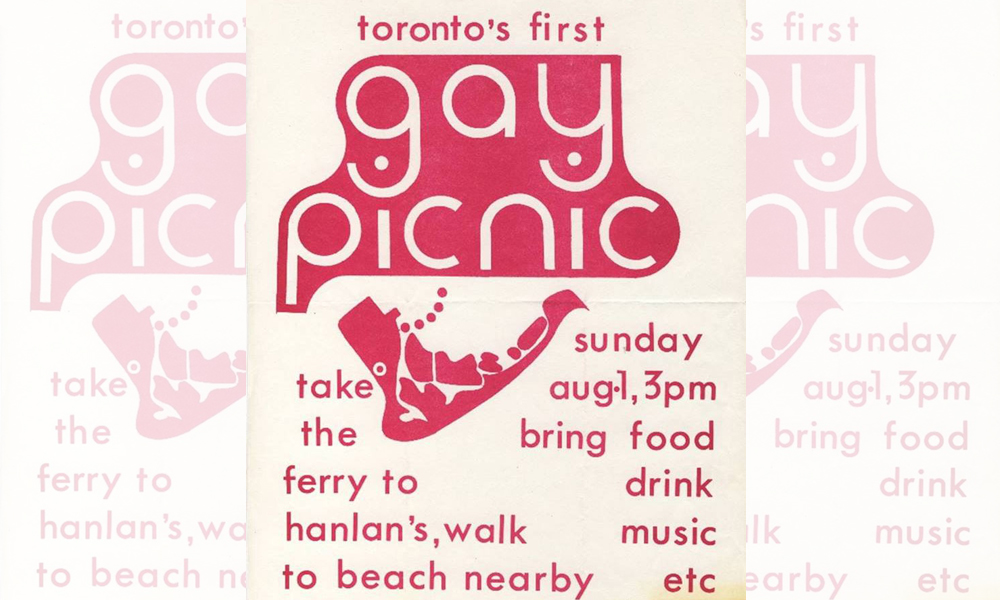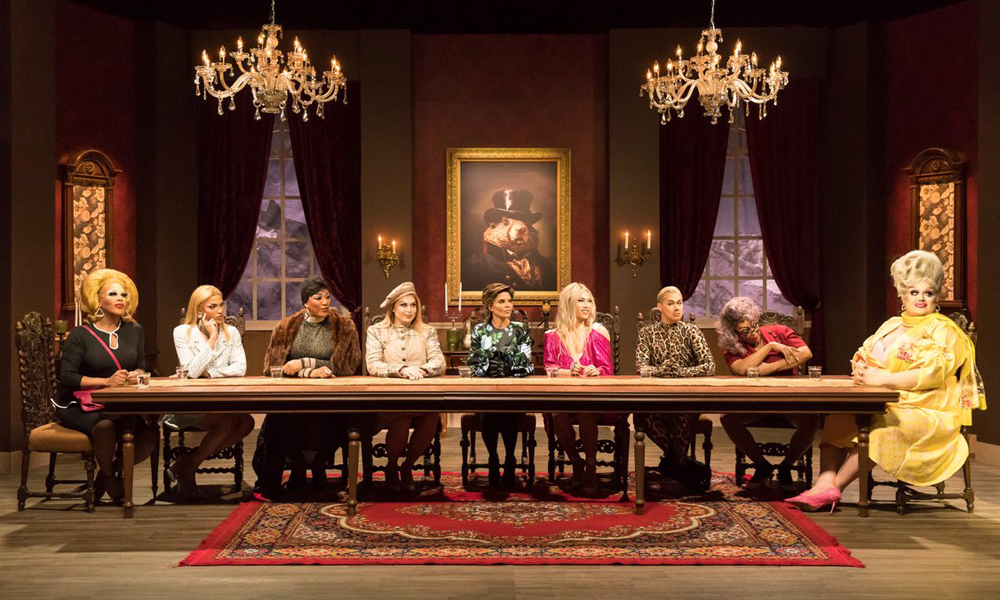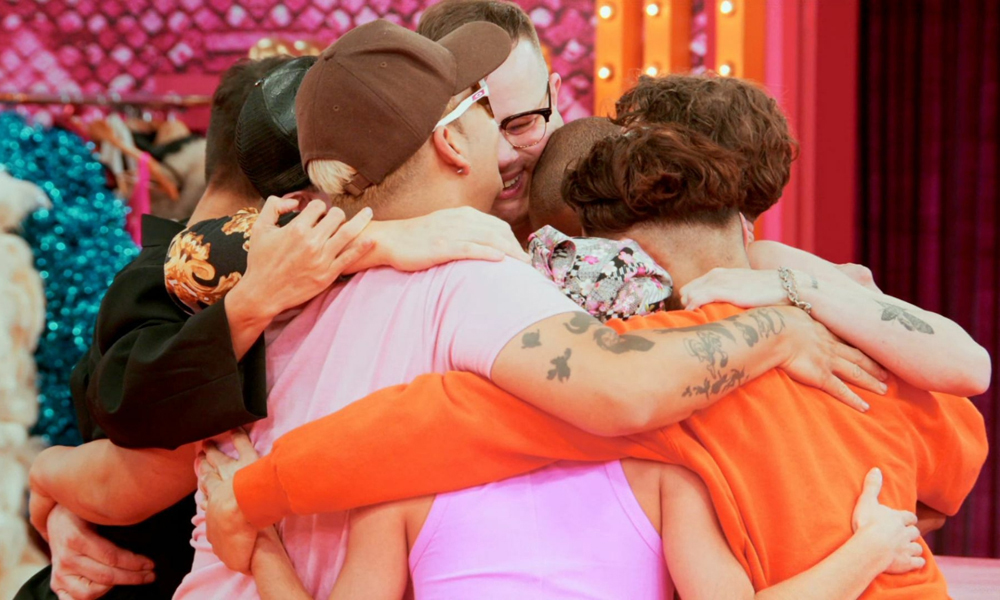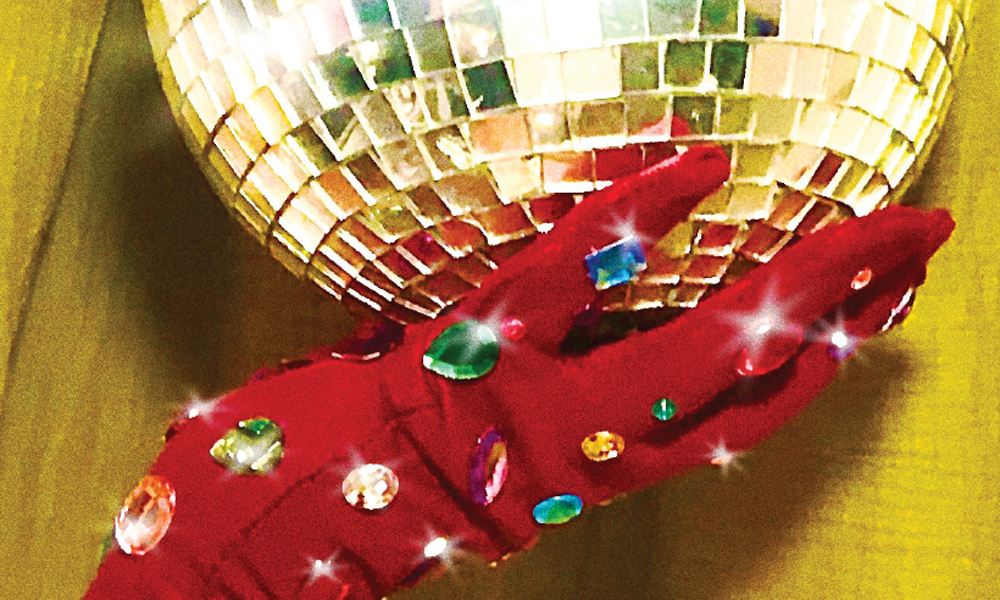“Now sissy that walk”…
By Fraser Abe
Now maligned by some detractors as “just a party,” “too corporate” or even “too political,” the Toronto Pride Parade has come a long way from its grassroots beginnings almost 50 years ago.
It may be hard to believe but it was only 50 years ago, in 1969 – the same year the Stonewall Riots began on June 28 in New York City – that same-sex sexual activity was decriminalized in Canada by the Liberal government (the legislation was introduced by then Justice Minister Pierre Elliott Trudeau, the same guy who had famously quipped, “There’s no place for the state in the bedrooms of the nation”).
Two years later, in August 1971, the first meeting of what was set to become the Toronto Pride Parade happened at both Hanlan’s Point, the most westerly of the Toronto Islands (and, later, Toronto’s unofficial “gay beach,” though it wasn’t until 2002 that a small stretch of that beach was officially recognized as “clothing optional”) and Ward’s Island. There, organized by the University of Toronto Homophile Association, Toronto Gay Action Now and the Community Homophile Association of Toronto, the first Toronto “gay picnics” were held. These picnics – which were started one year after Pride marches took place in New York, Los Angeles, San Francisco and Chicago to commemorate Stonewall – were the spark that led to the fire of Toronto’s Pride Parade.
The picnics grew larger and larger, and by 1974, Toronto had its first Pride Week: a small and unofficially recognized series of events that culminated in a march from Allan Gardens to Queen’s Park. Since the city was loath to give out permits for any official marches or protests, participants carried banners and signs along the sidewalks. These early marches were held on Saturdays, not Sundays as they are now, because that was when the downtown core was most likely to be busiest with other pedestrians and passers-by.
On February 5, 1981, the Toronto Police conducted a series of bathhouse raids, dubbed Operation Soap. More than 300 people were arrested – the largest mass arrest in Canada since the October Crisis of 1970 (precipitated by the kidnappings of British diplomat James Cross and Deputy Premier Pierre Laporte, who was later murdered by the FLQ), and a record that would be broken only in 2006 during the Stanley Cup playoffs in Edmonton. The Toronto Police actions were roundly denounced by the LGBT community, who organized the next night to protest – 3,000 strong – against the police and their treatment of marginalized groups. Almost all of the charges against the men were eventually dropped. Many consider these raids to be a galvanizing moment for the LGBT community.
In 1984, Pride was celebrated on Canada Day, a tradition that more or less continues to this day (Canada’s 150th anniversary, in 2017, led organizers to push Pride back a week). Still, there was no acknowledgment from the City of Toronto. Finally, in the summer of 1991, the city declared it Pride Week. In 1995, Mayor Barbara Hall marched in the Parade – a tradition carried on by future mayors until 2011 when Rob Ford declined to do so.
Though the Ontario Human Rights Code was amended in 1986 to include sexual orientation, it was another nine years before sexual orientation was added to Section 15 of the Canadian Charter of Rights and Freedoms, thereby legally prohibiting discrimination on that basis by employers, landlords, service providers and governments (although, as most in the LGBT community can attest, discrimination is vast and vague and violations are not always enforceable). Sexual orientation was added to the Canadian Human Rights Act in 1996.
Another Toronto Police bathhouse raid came in September of 2000, when six male officers raided an all-female party at the Club Toronto bathhouse, barging in on naked women and tearing signs off walls.
At the end of the millennium, stirrings of same-sex marriage were happening. In 1999, the Supreme Court of Canada ruled that gay and lesbian common-law couples should have the same rights as heterosexual common-law couples, though it was 2005 before same-sex marriage was allowed, thanks to Bill C-38 (the Civil Marriage Act), which passed by a vote of 47-21 on July 19, 2005. Canada was the fourth country worldwide to officially sanction same-sex marriage, after the Netherlands, Belgium and Spain.
In 2010, the participation of the group Queers Against Israeli Apartheid in the Pride parade drew controversy. Pro-Israel groups felt the term “apartheid” was an offensive way to describe Israel’s treatment of Palestinians, while the group felt that the term, which had gained prominence in the 1990s, was appropriate. Rob Ford, then a mayoral candidate, was a hardliner against any funding for the parade if Pride Toronto allowed the group to march. After Ford was elected, he promised to defund the parade (even after the non-partisan city manager reported that the term did not violate the city’s anti-discrimination policy), but the group officially withdrew from the parade before he could make good on his threats.
The 2016 Pride parade, which featured Black Lives Matter as an honoured group, was interrupted by BLM for about half an hour to raise awareness about a number of their demands to address racism within the LGBT community. There were numerous demands, including increasing the diversity of Pride Toronto’s staff and board, and providing funding to events for LGBT people of colour, but the most attention-grabbing demand was that uniformed police officers be banned from participating in the parade. Debate raged on both sides but, ultimately, the Toronto Police were barred from participating after a vote from Pride Toronto’s members in early 2017. Again, the city council debated defunding Pride – an event that last year saw 1.6 million people attend and spend an estimated $305 million over three days, according to Pride Toronto.
In 2016, women who were present at the highly publicized bathhouse raid in 2000 rejected a police apology, with one telling the CBC: “We see that the apology is well-meaning and well-intentioned, but we don’t see the apology as meaningful because it doesn’t reflect a change in the actual practices of the police.” The apology in question was one by police chief Mark Saunders, who officially apologized for the 1981 raids, among others.
In the same year that Saunders issued the apology, the Toronto Police were still conducting “morality raids” on the LGBT community. The six-week-long “Project Marie,” conducted in Marie Curtis Park in Etobicoke in the fall of 2016, had undercover police issue tickets to at least 72 people, mostly men, who were seeking sexual activity. The police later admitted they didn’t speak to their own LGBTQ liaison officer or to the LGBT community before conducting this project.
2017, by the way, was the year that the Canadian Human Rights Act was amended to expressly include gender identity and gender expression as protected grounds via Bill C-16, though it had been tabled as early as 2005. Some provincial and territorial laws changed earlier; in 2012, for example, a Human Rights Tribunal in Ontario decreed that gender-affirming surgery is no longer required to change sex designation in government documents.
Things are getting better, slowly. But think of that pot-stirring uncle who’s “just playing devil’s advocate” and bemoaning, “When is the straight Pride parade?” Think of trans folks who are only now getting laws to protect them (which often don’t work well), or of LGBT people of colour who feel unseen, or of the gut-wrenching experience of coming out – and remember that even if Pride is “just a party,” it’s still a pretty good reason to celebrate. If it’s “too corporate,” remember that only 30-some-odd years ago, no one would have dared to associate with it. And if it’s “too political,” just think of how much work is left to do.
—
FRASER ABE is a Toronto-based writer. His work has been published in Toronto Life, The Globe and Mail, Sharp Magazine, NOW Magazine and more. When he’s not busy writing, he’s shrieking Gia Gunn quotes at his boyfriend, Colin.

A History Of The Toronto Pride Parade
Related Articles
Canada’s Drag Race Canada vs The World Season 2 Episode 2 RECAP: The Hole
The queens take on an improv challenge disguised as a reality tv show. Lisa Rinna is a guest judge
RuPaul’s Drag Race All Stars Season 9 Episode 12 Recap: Grand Finale Variety Extravaganza: Part 2
The results of the lipstick vote are revealed and three final queens battle for the all star crown and title. Actress Connie Britton is a guest judge
Canvas Cabaret: A 10 Year Celebration Fundraiser Hosted By Canvas Programs
The Canvas Cabaret fundraising event in Toronto will be held on Thursday, September 26 and will toast a decade of 2SLGBTQ+ inclusion and consent education





Comments
1 Comment